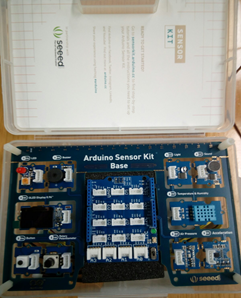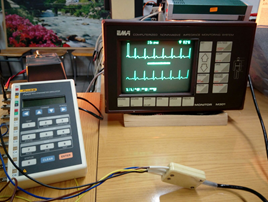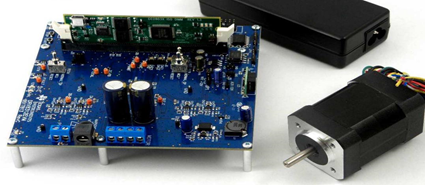The Department of Electronics is a leader in the educational training for the "Design and Programming of Electronic Systems" major in the "Bachelor" and "Master" educational-qualification degrees.
The department separated from the Scientific and Educational Center for Electronics and Electronic Technologies in 1995. In 1999, it was renamed to the "Electronics" department. The department is comprised of 13 lecturers and technical staff which support the educational process. The qualifications of all lectures are at a high level. In addition to expertise in various scientific areas, faculty members possess excellent language, pedagogical and practical training. Additionally, distinguished scholars and industry experts are invited as guest lecturers.
The lecturers also teach students from different majors at the two faculties (Faculty of Electronics and Automation and Faculty of Mechanical Engineering) of TU-Sofia, Plovdiv Branch.
The "Design and Programming of Electronic Systems" major aims to prepare qualified engineers with knowledge and practical skills in designing electronic devices and systems, programming microcontrollers and embedded systems for various applications, including industrial and automotive electronics, medical equipment, IoT, etc.
The educational emphasis is on several key areas:

- Design and program electronic devices with microprocessor control and their application in manufacturing and service activities.
- Design, develop and test software modules.
- System engineering of electronic nodes, devices and systems.
- Design, develop and test electronic power supplies and energy sources.
- Study of the fundamental principles of operation, methods and technical tools for analyzing electronic circuits and devices with specific purposes in medical electronic devices.

The education is aligned with the latest advancements in the field of electronic industry. It combines theoretical knowledge and practical skills to prepare students for research, design and production activities in the fields of electronic technologies and their applications across various industries: industrial, household, communications, healthcare, etc. The curriculum ensures that students have the necessary expertise to contribute to the rapidly evolving electronic industry and its applications in the aforementioned sectors.

The Department of Electronics also provides education for students pursuing the "Doctor" educational qualification, based on an individualized curriculum for each doctoral candidate. Doctoral training is offered both full-time and part-time, as well as an independent study doctoral program. For more information, please visit the link "Admission to the Doctoral Programs":
The doctoral programs accredited in the Department of Electronics are:
- Electronisation (by fields)
- Electronic converters
- Industrial Electronics
- Electronic Circuits and Electronic Circuit Engineering Theory



